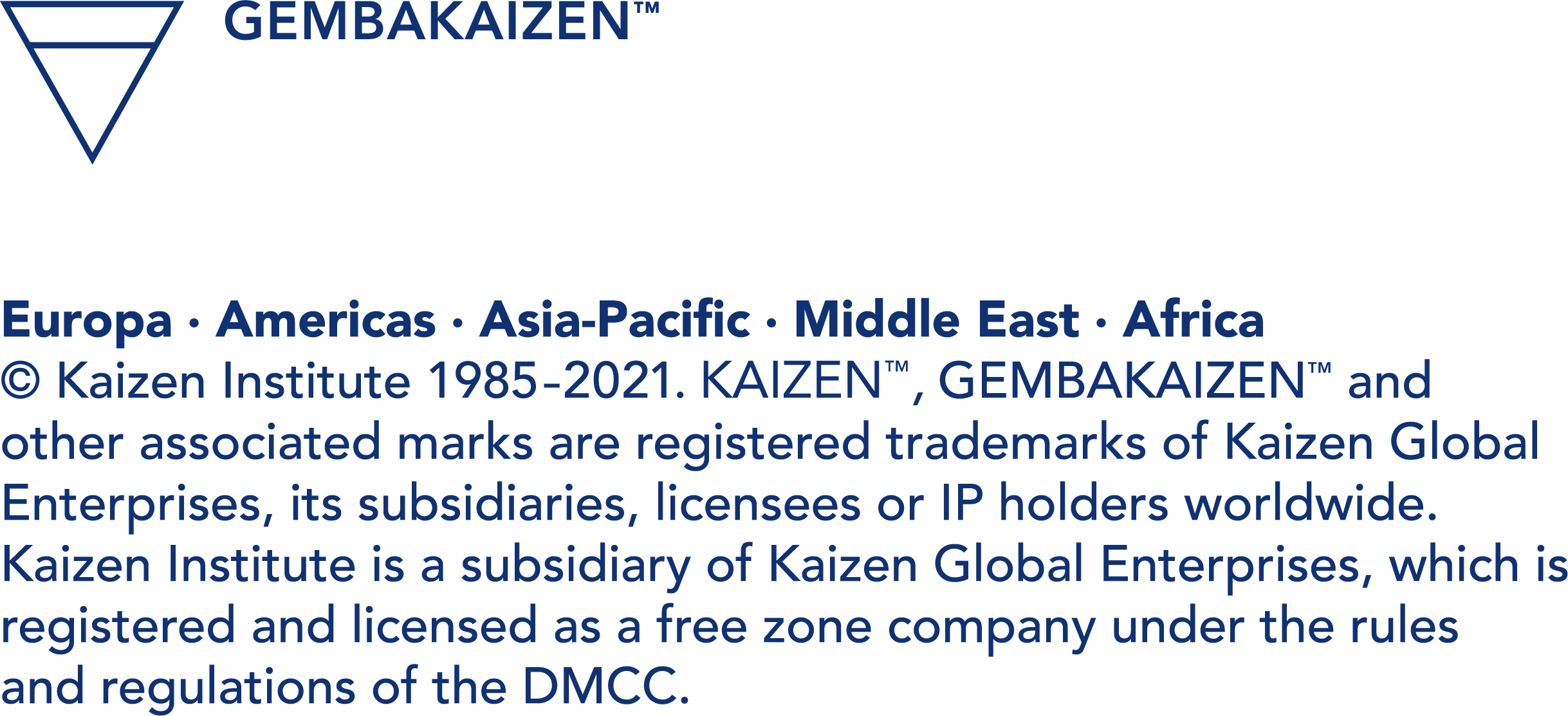For many years, most companies were run like the army. There were “Uniforms” (white shirts, blue suits), strict rules (“punch the clock by nine, never leave before five”), and a rigid chain of command that dictated who was in charge. Generals did not have to speak to the privates, even though it was the privates who did most of the work.
Welch thought that such formality got in the way of achieving great things. He said that the part of the GE story that has yet to be told was the power of GE as “an informal place.” No one called him “Mr. Welch,” it was always “Jack.” He left his tie at home more often than not, held informal meetings, and encouraged everyone to lighten up.
“Boundaryless” (i.e., Welch’s open organization, free of walls) thrives in an informal arena. Without needless rules, titles, and approvals, people are not afraid to voice their ideas, even if they go against conventional company wisdom. Since new ideas are the lifeblood of business, keeping formality and rigidity out of the office was one of the keys to GE’s success.

For example, when Welch found out that managers were not talking or listening to employees, he decided to do something about it. That’s when he created Work-out, the process that in essence turned the company upside down, so that the workers told the bosses what to do. That was a revolutionary thought in the late 1980’s and forever changed the way people behaved at the company.
But that was Welch. He was the head of a huge corporation. How can the rest of us possibly have that kind of an impact on our company? Here are a few ways to make your workplace more informal:
Brainstorm with colleagues and bosses: Find simple ways to loosen things up (more relaxed dress code. Flexible work hours, etc.).
Hold more informal meetings: Lighten up meetings by asking your staff to “run” the meeting, and suggest “a no notes allowed” meeting as well.
Consider a Once-in-a-While informal get together: Suggest that whole departments get together for a pizza lunch or an after-work meal with spouses and significant others.
Acknowledgement: The Welch Way book by Jeffrey A. Krames












